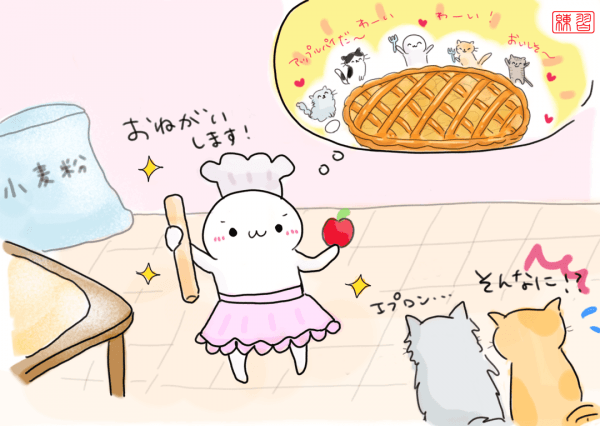A non-exact amount A; Around/about A
When used with question pronouns, means "around how much/many/etc".
- A non-exact amount A; Around/about A When used with question pronouns, means "around how much/many/etc".
- So A; to the extent A Shows the extent or degree of something (which usually precedes this expression)
- At least A Often used to suggest "at least A could/should be done", or "at least A is possible"

100個ぐらいのリンゴを持ってきてね。
Bring about 100 apples.
22
3分くらいでカップラーメンができるよ。
You can make cup ramen in about three minutes.
0
21
この位沢山欲しいです。
I want around this much.
1
11
一ヶ月の支出は20万円くらいです。
The expenses are about 200,000 yen a month.
0
22
毎日どれ位の距離を走って居る乃ですか?
About how far do you run every day?
0
53
毎日何時間ぐらい勉強しますか。
Around how many hours do you study every day?
0
128
彼女は30歳ぐらいだと思います。
I think she's around thirty years old.
0
Getting the sentences
Construction
(Elements in parentheses are optional.)
Basic Examples:
40人ぐらい (about 40 people)
どの位? (about how many?)
Notes
くらい and ぐらい can be used interchangeably.
Related Expressions
ほど
Where this grammar is found
Grammar usage notes
Nothing posted yet!
Questions/Discussion
Nothing posted yet!
So A; to the extent A
Shows the extent or degree of something (which usually precedes this expression)
- A non-exact amount A; Around/about A When used with question pronouns, means "around how much/many/etc".
- So A; to the extent A Shows the extent or degree of something (which usually precedes this expression)
- At least A Often used to suggest "at least A could/should be done", or "at least A is possible"
36
貴方には感謝しても仕切れないくらいだ。
I cannot thank you enough.
0
20
彼は歩けないくらい疲れて居ました。
He was tired enough that he couldn't walk.
0
21
今日は電車が止まるくらいの大雪が降った。
It snowed enough today that the trains stopped.
0
22
お腹が一杯で明日もご飯が要らないくらいだよ。
I'm so full that I don't need any food tomorrow.
0
Getting the sentences
Construction
(Elements in parentheses are optional.)
Notes
With this construction くらい and ぐらい can be used interchangeably.
Related Expressions
ほど
ほどだ
ほどだ
Where this grammar is found
Grammar usage notes
This pattern is usually used figuratively - like classic 'your mama' jokes... ^.~;;
たとえば ~ と同じ程度だ
~が一番…だ、~より…は、いない (自分の意見)
*くらい=ほど
~が一番…だ、~より…は、いない (自分の意見)
*くらい=ほど
Questions/Discussion
Nothing posted yet!
At least A
Often used to suggest "at least A could/should be done", or "at least A is possible"
- A non-exact amount A; Around/about A When used with question pronouns, means "around how much/many/etc".
- So A; to the extent A Shows the extent or degree of something (which usually precedes this expression)
- At least A Often used to suggest "at least A could/should be done", or "at least A is possible"
13
掃除くらい為て呉れない?
Could you at least clean?
0
2
朝起きたら、顔ぐらいは洗いなさい。
When you wake up in the morning, at least wash your face.
0
0
遣る仕事が無い乃だったら、会社に掛かってくる電話ぐらい取って下さい。
If you don't have work to do, please at least answer the phones coming in(to the company).
0
1
海外に行く時は、万一の場合を考えて親ぐらいには知らせておいたら?
When you go overseas, why don't you consider an emergency happening and at least let your parents know?
0
1
彼女が退職することは誰も知らなかった。仲がいい私ぐらいには教えて欲しかった。
No one knew that she had resigned. I wanted her to at least tell me, as we're on good terms.
0
-2
そんなに暇だったら、自分の部屋ぐらい自分で掃除して。
If you're that free, at least clean up your room by yourself.
0
15
謝るぐらいの礼儀は彼女も心得て居た。
She had the decency to apologize.
0
Getting the sentences
Construction
(Elements in parentheses are optional.)
Basic Examples:
1分ぐらい (at least a minute)
Where this grammar is found
Grammar usage notes
くらい and ぐらい can be used interchangeably, but there seems to be a tendency to use ぐらい with nouns (新完全マスターN2).
Questions/Discussion
Nothing posted yet!